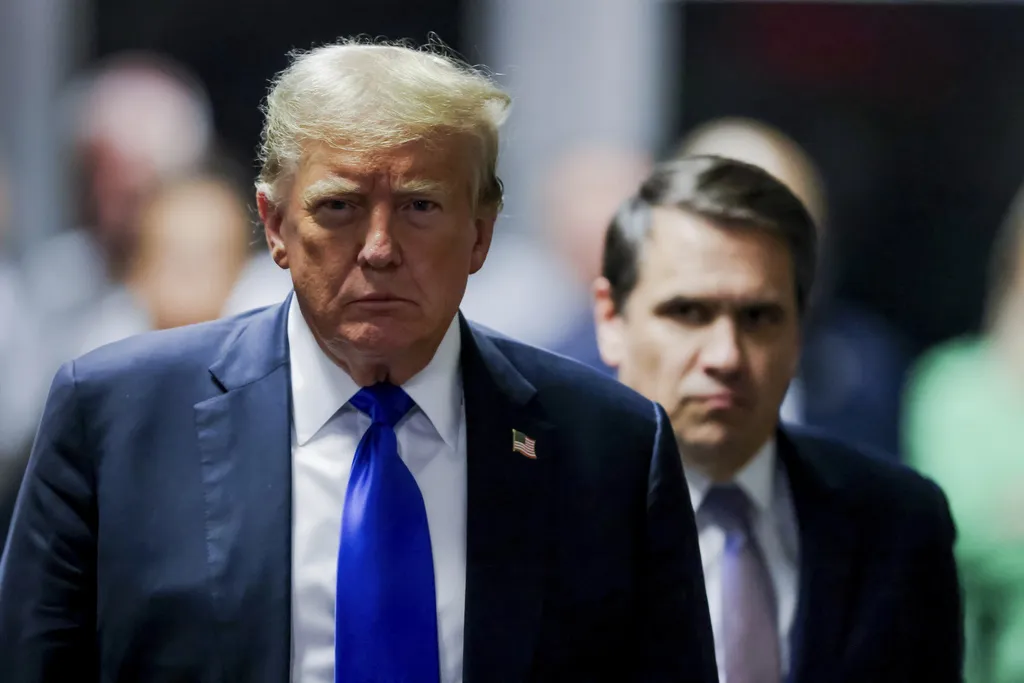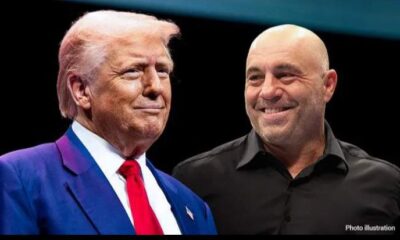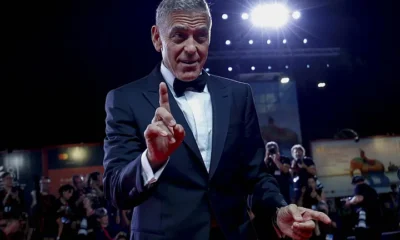NEWS
Just Now:Trump hush money appeal could be bolstered by latest Supreme Court ruling

The Supreme Court on Friday sided with a criminal defendant who argued juries, not judges, should decide certain facts about whether a habitual offender qualifies for a stricter sentence, a decision that some legal experts say could help former President Donald Trump appeal his conviction.
Justice Neil Gorsuch, Trump’s first appointee to the high court, authored the 6-3 majority opinion that held the Constitution required, before applying a sentencing enhancement under the Armed Career Criminal Act, that a jury unanimously find the sentence-enhancing conditions of the statute. Several lawyers on Friday analyzed the decision as a promising sign for Trump, who was recently convicted by a New York jury on 34 counts of falsifying business records to conceal hush money payments.
“Erlinger will no doubt be part of President Trump’s appeal of the jury verdict and Judge [Juan] Merchan’s sentence,” said Jeffrey Clark, a former Trump administration Justice Department official who is also a co-defendant alongside the former president in the Fulton County 2020 election interference case.
Ahead of Trump’s conviction, Merchan told the 12 jury members that they would have to find unanimously that Trump created a fraudulent entry in his company’s records or caused someone else to do so and that he did so with the intent of committing or concealing a crime. However, the judge gave the jurors three possible offenses that could serve as the “unlawful means” by which Trump sought to influence the 2020 election, which included: falsifying other business records, breaking the Federal Election Campaign Act, or submitting false information on a tax return. And to secure the conviction, jurors were told they did not need to agree unanimously on the unlawful means.
While the material facts of the case, Erlinger v. United States, are dissimilar from the Trump case, several legal experts clung to the notion that the Manhattan jury members were told by the judge that they need not be unanimous as to the predicate crime in the hush money case.
“I think that [Erlinger] has applicability to the New York Trump case because of the idea that there’s this unanimous requirement for an analysis that is separate from the conviction itself,” former federal prosecutor Katie Cherkasky told the Washington Examiner. “I think the idea of jury unanimity on even these underlying or predicate inquiries is important.”
In the Erlinger decision, Gorsuch wrote that by “requiring a unanimous jury to find every fact essential” to the punishment of offenders, courts would ensure that the punishments they issue “are not the result of a judicial ‘inquisition’ but are premised on laws adopted by the people’s elected representatives and facts found by members of the community.”
Gorsuch added that “judges may not assume the jury’s fact-finding function for themselves, let alone purport to perform it using a mere preponderance-of-the-evidence standard.”
The facts of the high court case surrounded Paul Erlinger’s 15-year sentence in prison for burglaries he committed when he was 18 years old. Under the Armed Career Criminal Act, Erlinger’s four convictions qualified him for an enhanced sentence for possessing a firearm as a felon.
But Erlinger’s counsel said he shouldn’t have qualified for the enhanced sentence because the crimes he engaged in were not committed on different occasions and that he needed a jury to make the determination on whether to enhance his sentence. Gorsuch and five other justices agreed that the defendant did have a Fifth Amendment and Sixth Amendment right to have a jury decide his sentencing length.
Virginia-based attorney Richard Kelsey told the Washington Examiner he believes Trump’s legal team should file a post-trial motion in the hush money case to “give the court an opportunity to address it.” Cherkasky suggested the Trump defense team could cite the Erlinger case in its appeal of the jury decision after the July 11 sentencing hearing.
“The appeal is going to be moving ahead as soon as the sentencing takes place within the next couple of weeks, and that would be a significant issue on appeal,” Cherkasky said.























